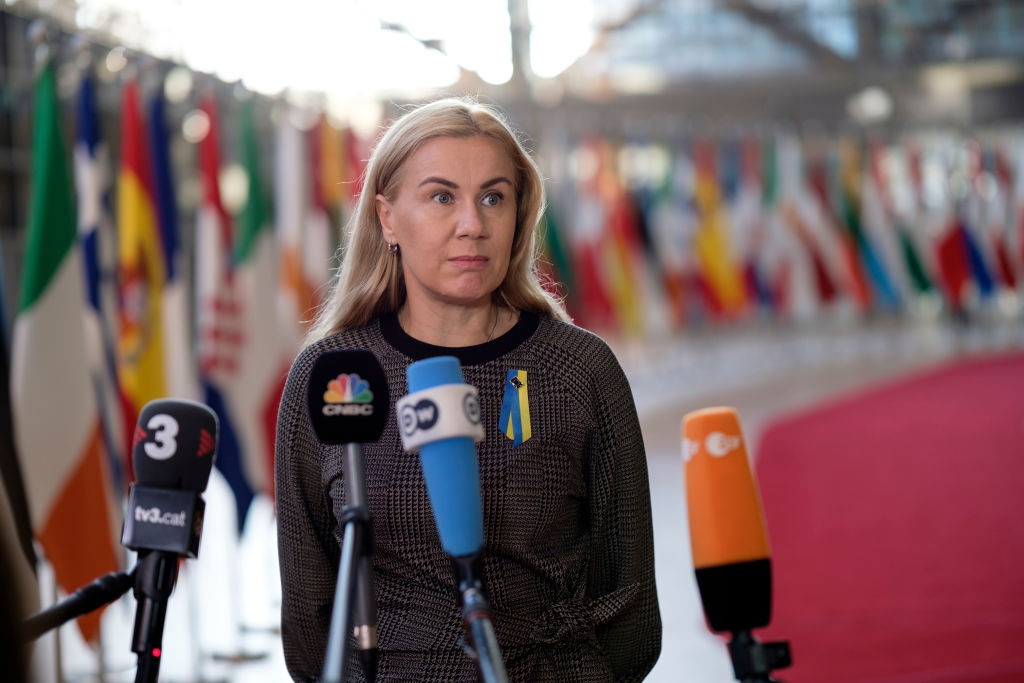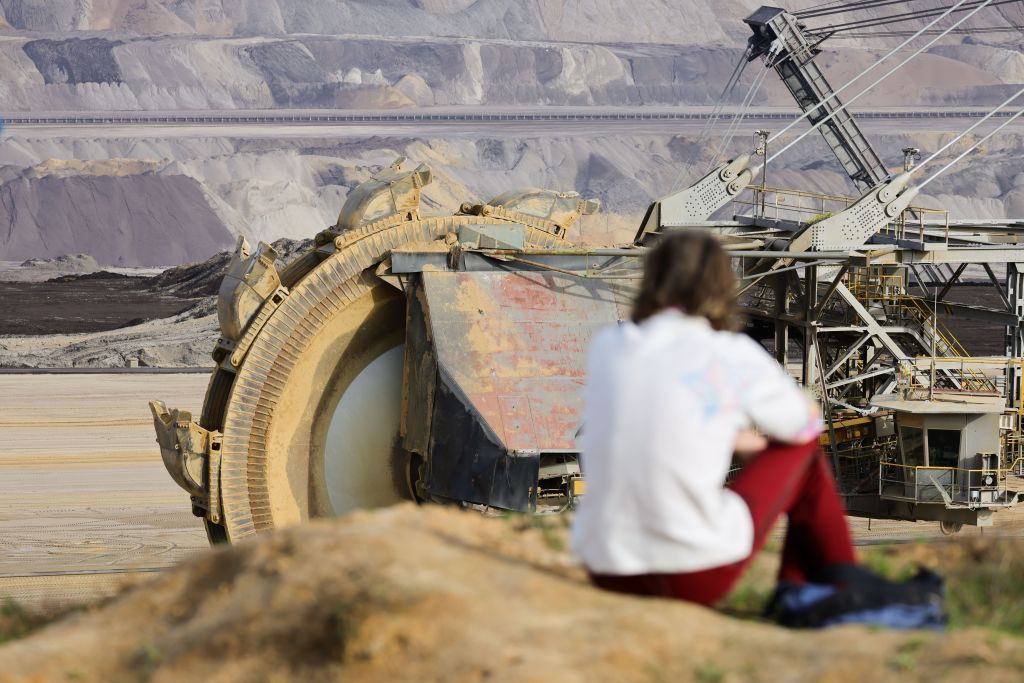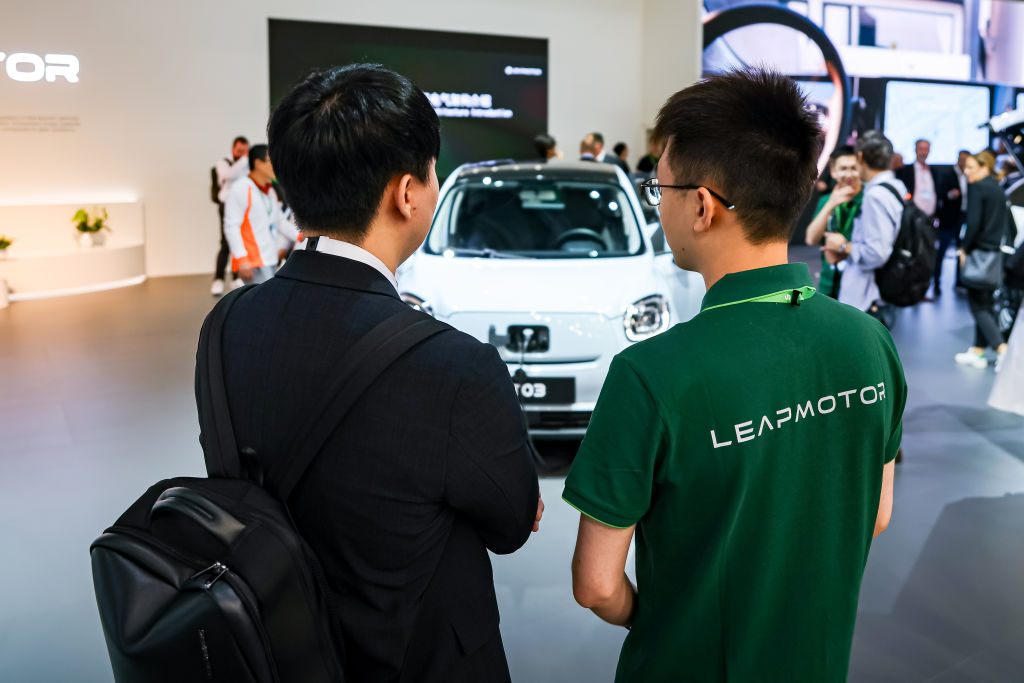The European Commission has admitted it is again concerned about apparent Chinese attempts to undermine the European Union’s solar energy industry.
Brussels slapped tariffs on solar panel imports from the Communist nation in 2013 over similar unease but scrapped the measures five years later after reaching an arrangement with Beijing.
Disquiet about the impact of Chinese imports has now resurfaced. Green MEP Anna Cavazzini asked whether the Asian state has returned to actively trying to subvert European manufacturers.
“Industry data suggests that solar modules from China sold for 50 per cent of their production cost are flooding the EU market,” she said in a question submitted to the EC.
“While this influx can help the deployment of solar power in Europe in the short term, imports at dumped costs open the door to products benefiting from unfair market and labour conditions.
“What is the Commission doing to counter the effects of the dumping of solar modules on the European solar industry?”
Responding to the query on November 16, EC Vice President for Trade Valdis Dombrovskis acknowledged that Brussels was once again alarmed about China’s influence on the solar market.
“The Commission received information from the industry about low-priced photovoltaics (PV) modules, starting in early 2023, and on estimated excess capacity from China directed at the EU market and is closely monitoring the situation,” he wrote.
He added that the body was “ready to use its trade defence instruments” to combat the influx of Chinese products if and when the EU “receives evidence that solar modules are imported under unfair and injurious conditions”.
The European Union is viewed as weaker globally than both China and the US, a survey by one of Europe’s leading think tanks has found. https://t.co/AJcXRtuLnG
— Brussels Signal (@brusselssignal) November 15, 2023
The EC’s admission that it is wary about China’s solar exports comes amid fears the Communist state could be taking advantage of Europe’s strong climate-change focus.
Concerns to do with other allegedly “green” exports from China have already been circulating. Issues relating to so-called green biodiesel from the country hit the headlines back in April.
Presented as a more climate-friendly version of standard diesel and made of food waste, multiple organisations speculated that these exports were fake. Many felt it was far more likely that China was exporting diesel made from normal crops.
Beijing is suspected of simply attaching a green label to the product bought by Europe in order to charge extra cash.
While it is reportedly almost impossible to physically test whether China’s biodiesel is either fake and/or diluted, experts appear confident that at least some of what is being exported is not the genuine article.
This is because China allegedly seems to be producing more green biodiesel than is thought physically possible for the country.
The significant imports of such fuel is also reportedly making life more difficult for manufacturers in the EU as they do not employ the same methods as those China may be using to lower production costs.
China’s booming electric-vehicle (EV) industry is also causing serious headaches for Europe. The EC has launched a probe into whether the country is unfairly subsidising its EV sector in an effort to put Europe on the back foot.
Beijing has lashed out at the probe, accusing Brussels of protectionism.
The European Union has formally launched an anti-subsidies probe into electric vehicles manufactured in China. https://t.co/VdpmCsp0X0
— Brussels Signal (@brusselssignal) October 4, 2023





